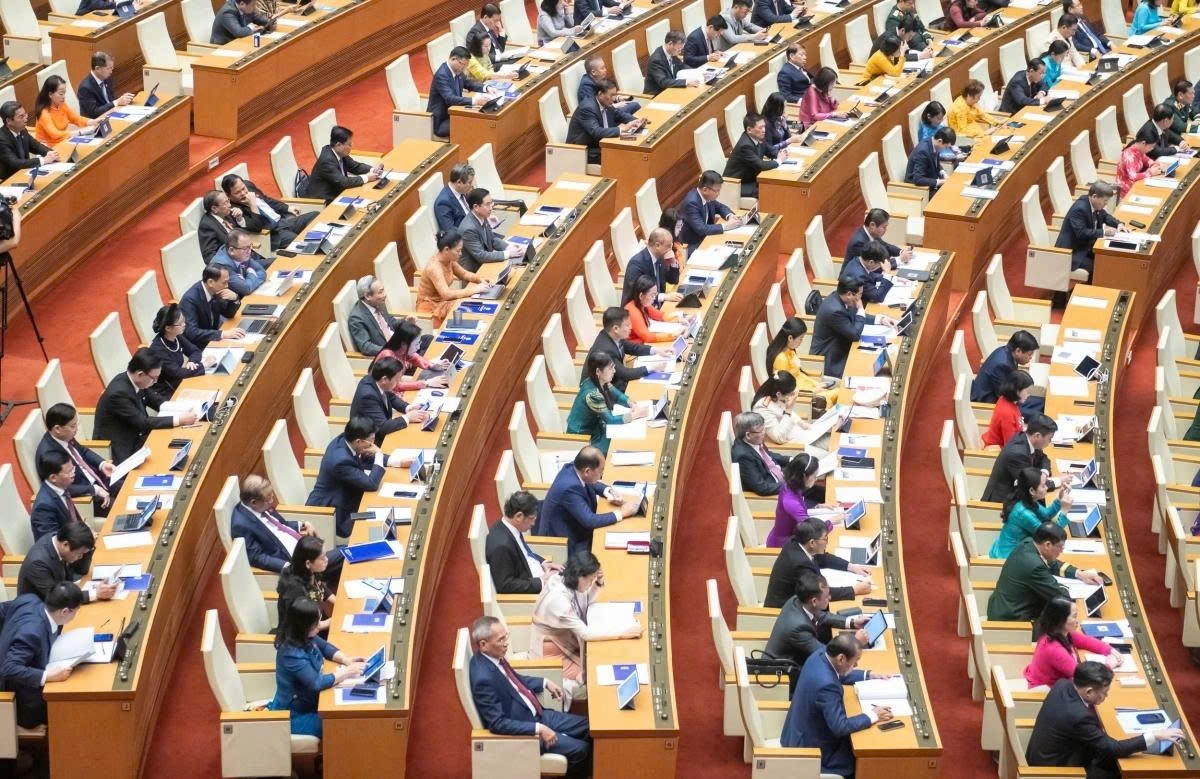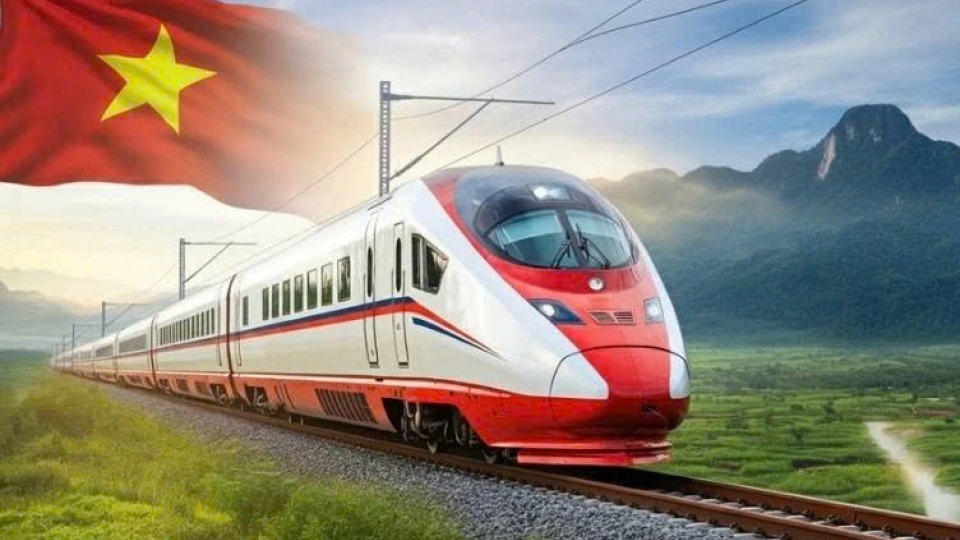Private sector allowed to invest in railways projects
VOV.VN - With 426 out of 440 votes in favour, the National Assembly passed the amended Railway Law in Hanoi on June 27, permitting the private sector to invest in railway projects.

The revised law that is set to take effect on January 1, 2026 institutionalises the Party’s resolutions on developing the railway sector and addresses long-standing legal and regulatory bottlenecks. It also introduces a range of preferential policies to spur investment and modernisation in both national and local railway infrastructure.
To strengthen the railway industry as a key element of the national transportation system, the law includes provisions for prioritising State budget allocations for the investment, modernisation, maintenance, and safeguarding of railway infrastructure.
It supports the development of the railway industry and the training of skilled human resources; and encourages the mobilisation of local resources for land clearance, resettlement, and joint infrastructure investment in provinces where railway projects are implemented. It gives priority to railway infrastructure in land-use planning and industrial development strategies.
Under the revised law, organisations and individuals investing in railway operations are entitled to various incentives, including exemptions or reductions in land use and lease fees; access to State investment credit or Government guarantees for loans to develop infrastructure; and subsidies for operating railway services in disadvantaged areas.
They will also enjoy tax incentives, including preferential corporate income tax rates for enterprises involved in railway development and infrastructure business.
Notably, in response to The Politburo’s Resolution No. 68 on private sector development, the revised law introduces provisions to attract non-state investment in railway projects, particularly through Public-Private Partnerships (PPP) or direct private investment.
Notably, the law stipulates that in PPP railway projects, the State will cover land clearance and resettlement costs, and these costs will not be counted toward the State's capital contribution ratio in the project, a move aimed at lowering entry barriers for private investors.
The passage of the revised law marks a positive development for private enterprises seeking to participate in railway projects in Vietnam, especially in the context of the North–South high-speed railway megaproject, which is estimated to cost approximately US$67 billion.
Several major private corporations, such as VinSpeed High-Speed Rail Investment and Development JSC (VinSpeed) and Truong Hai Group Joint Stock Company (Thaco), have already submitted proposals to the Government expressing interest in investing in this nationally significant project.




